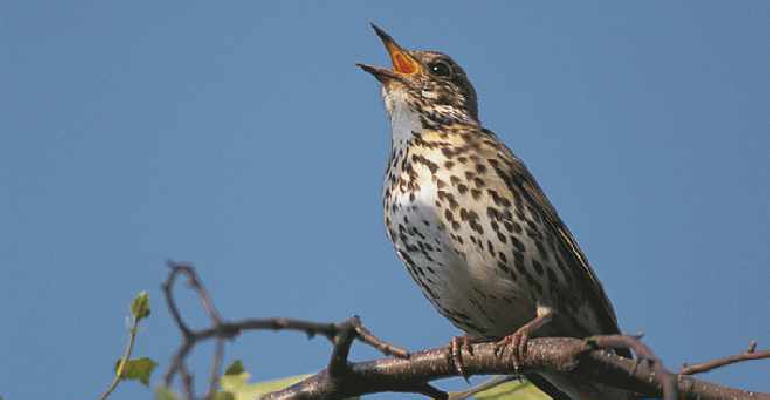
The UK’s biggest citizen science project has been recording the winners and losers in the garden bird world for over four decades with the help of half a million people, and now the RSPB is counting on Sussex residents to join in too, writes Becca Smith
Set to enter it’s 42nd year this month, the RSPB’s biggest campaign, the Big Garden Birdwatch, runs from the 29th to 31st of January and combines over 40 years of records to monitor vital bird trends. People across Sussex are set to get involved, spending just an hour of their time recording the birds and other wildlife found in their gardens, balconies or nearby green spaces, and submitting their results to the wildlife charity.
This last year, we’ve seen how important the natural world is to our mental health and wellbeing. There has been a surge in interest in the nature on our doorsteps and many people have come to rely on garden birds to bring joy and comfort in these unsettling times. That’s why the RSPB is hoping to see more people than ever take part, after over 16,700 Sussex residents took part last year.
Both across the country and here in Sussex, house sparrows topped the rankings in the RSPB’s Big Garden Birdwatch results last year, despite wider national decline. Meanwhile, starlings and blue tits joined house sparrows to form the top three most sighted birds in Sussex.
A common garden bird thanks to the provision of winter food and nest boxes, blue tits are on the rise across the country, with an 8% increase in the population since 1979. Other birds featuring in the area’s ‘top ten’ were chaffinches, dunnocks and long tailed tits.
Seeing a positive change across Sussex gardens, long tailed tits were found in 14% more gardens in 2020 compared to previous years. These charming birds, with distinctive pink grey and white feathers and long tail, are usually found in large flocks of up to 20 birds and often make use of garden feeders throughout the winter – so be sure to look out for them this year.
Allowing the RSPB to monitor similar bird trends across the country, the data collected during the Big Garden Birdwatch will create a ‘snapshot’ of bird numbers across the UK and how they have faired since the project began over 40 years ago.
A great opportunity to connect with nature and help with the RSPB’s work no matter how much you know about garden birds already, the RSPB will provide a free Big Garden Birdwatch guide, which includes a bird identification chart, top tips for your birdwatch, RSPB shop voucher, plus advice on how to help you attract wildlife to your garden, for those who text BIRD to 70030 or register at www.rspb.org.uk/birdwatch
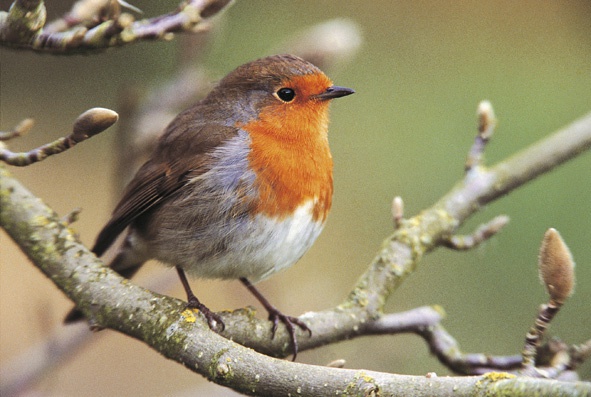
During winter, birds are more likely to come into our gardens to seek sanctuary and food in order to survive. With the Big Garden Birdwatch around the corner, now is one of the best times of the year to attract your local birds with the help of feeders.
Providing food like fat balls and crushed peanuts can help birds to build up vital fat reserves and boost energy, while meal worms are great for insect eaters such as robins and starlings. Seed mixes also provide for many birds with their vast array of calorie-rich contents, or you could pick out a few favourites such as sunflower and nyjer seeds which contain beneficial oils and proteins.
Feeding birds doesn’t have to break the bank either, as kitchen scraps will also be readily enjoyed by our feathered friends. Mild grated cheese, soft fruits, cooked rice and pasta, porridge oats and unsalted bacon are all suitable for birds to enjoy for example.
At this time of year, a supply of water is also essential, and if the weather turns cold, birds can become more dependent on water provided in gardens. Making sure your water source remains clean and un-frozen is important in allowing birds to bathe and preen themselves too.
To help improve birds’ chances of survival through the colder months, the RSPB has plenty more top tips on feeding garden birds which can be found at www.rspb.org.uk/birdwatch
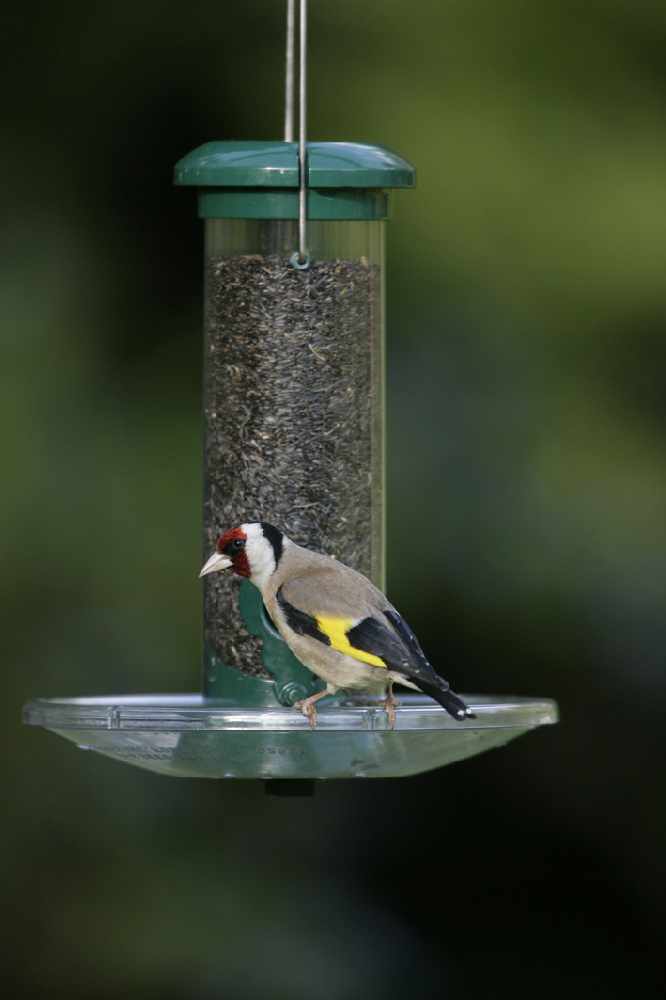

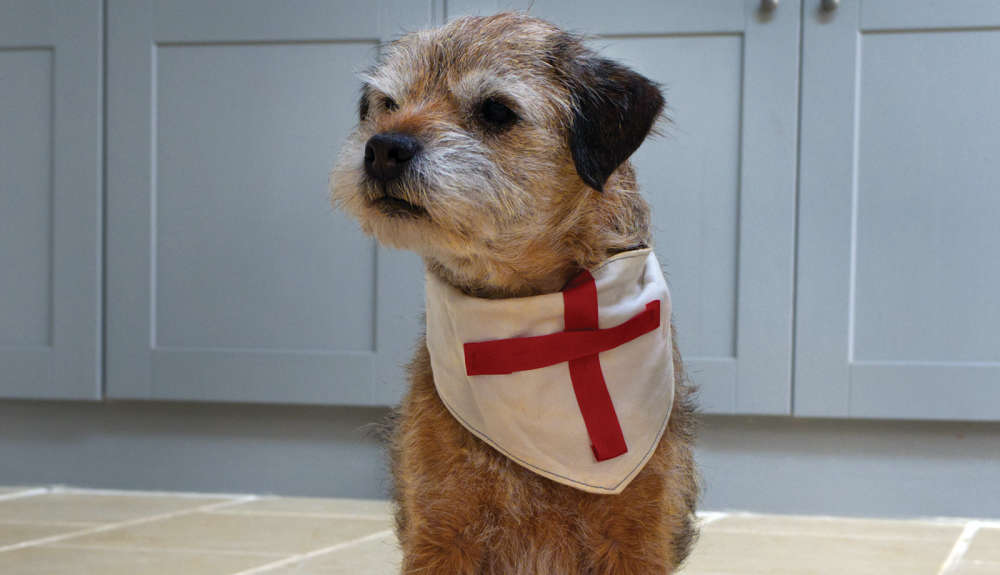 It's a Dog's Life: Teddy & the Dragon
It's a Dog's Life: Teddy & the Dragon
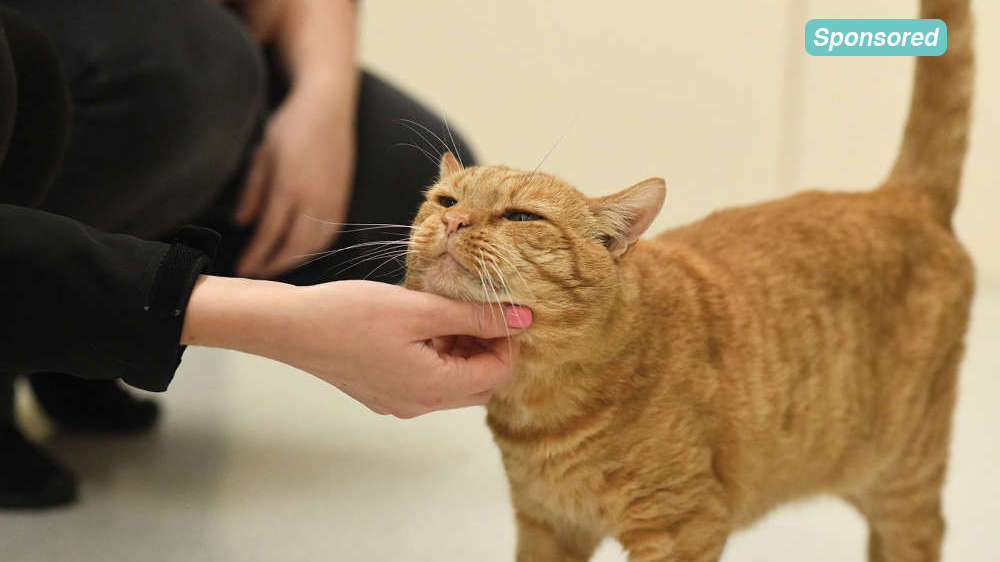 Paws for a Cause
Paws for a Cause
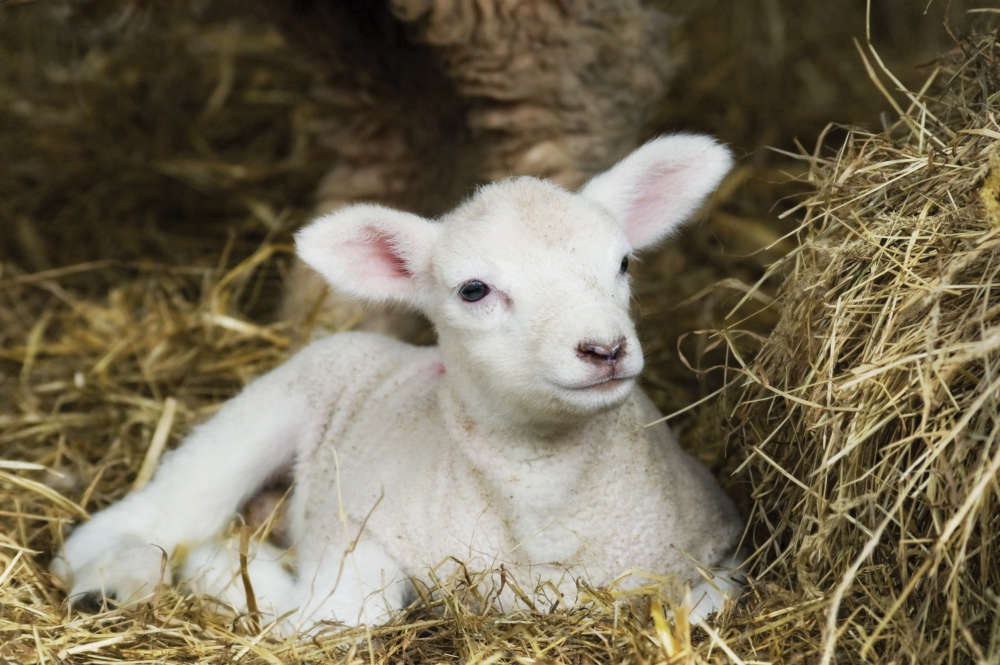 Kids Zone: Lambing in Spring
Kids Zone: Lambing in Spring
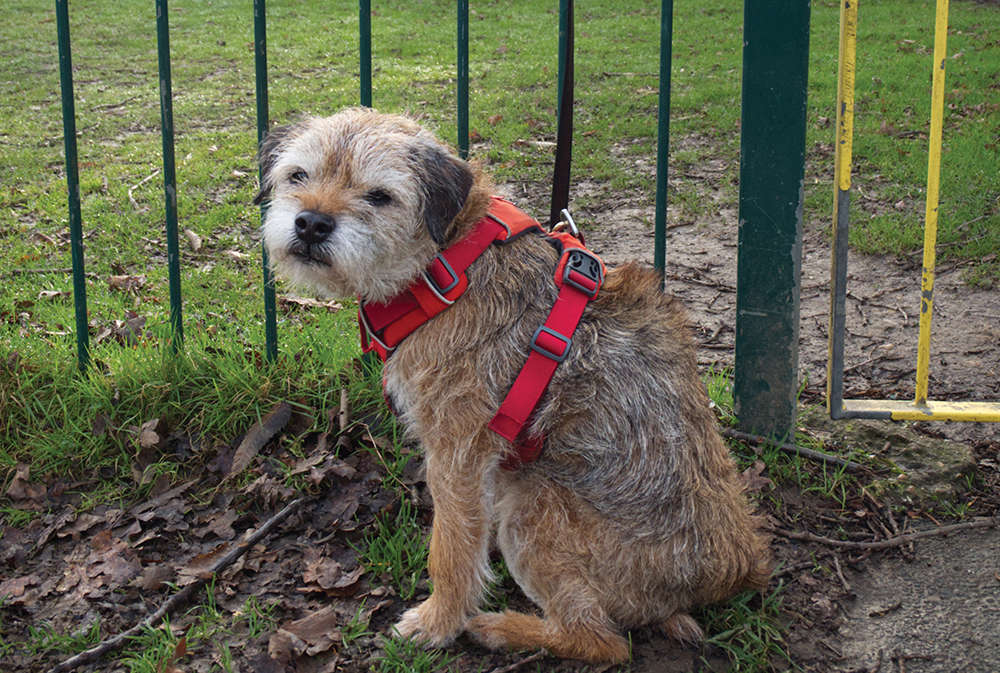 It's a Dog's Life: Access Denied
It's a Dog's Life: Access Denied
 It's a Dog's Life: February is not just for Pancakes
It's a Dog's Life: February is not just for Pancakes
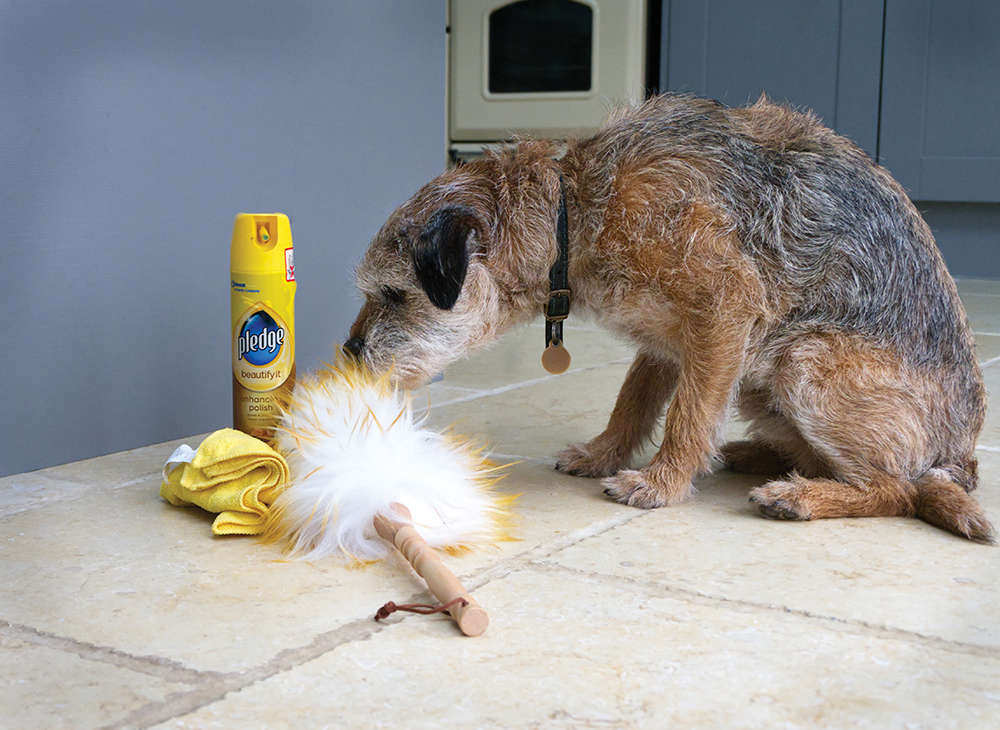 It's a Dog's Life: Cleaning Up
It's a Dog's Life: Cleaning Up
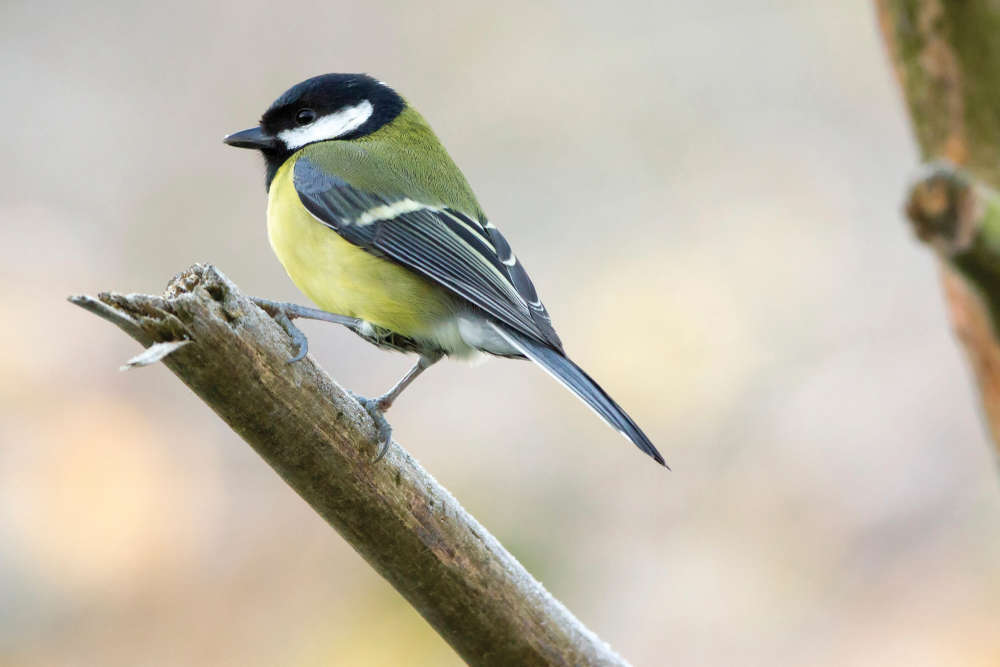 Top 10 Garden Birds to spot in Sussex
Top 10 Garden Birds to spot in Sussex
 Top Tips: Keep Your Pets Safe this Bonfire Night
Top Tips: Keep Your Pets Safe this Bonfire Night
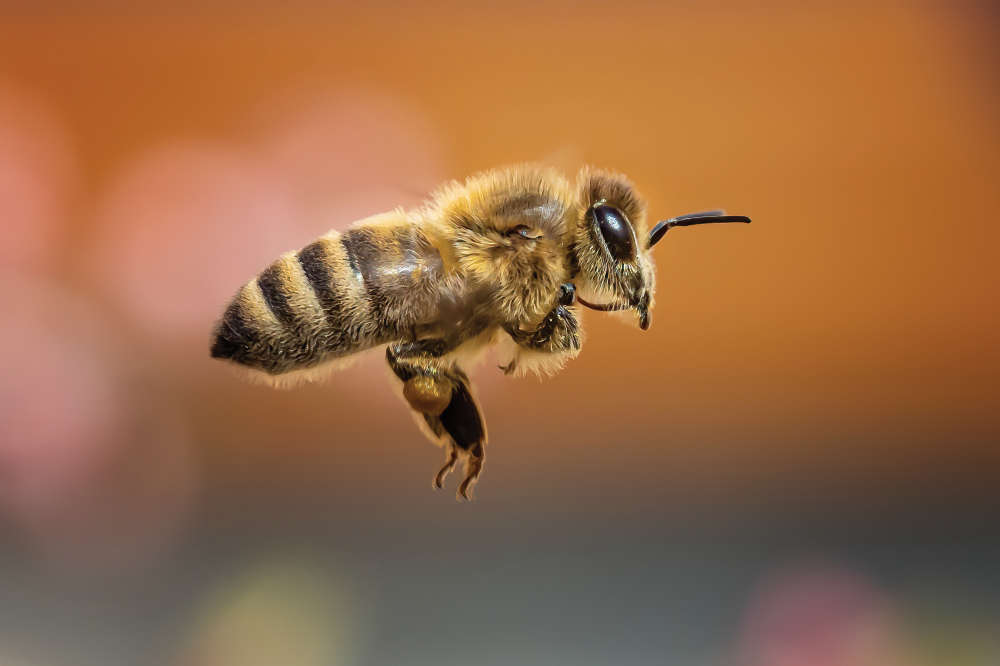 Advertising Feature: Plan Bee
Advertising Feature: Plan Bee
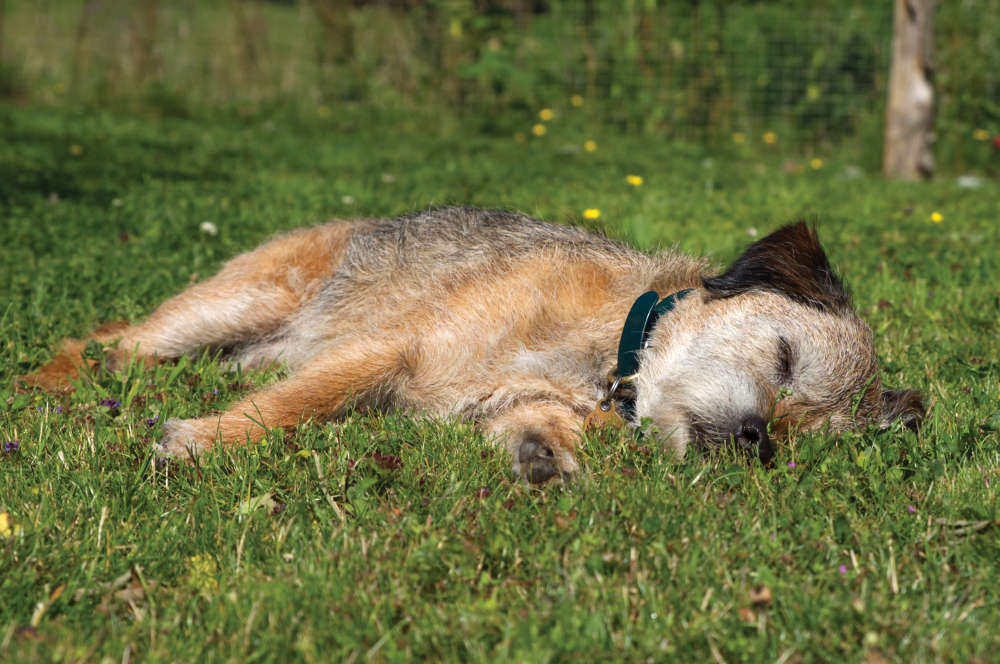 It’s a Dog’s Life - The Quiet Life
It’s a Dog’s Life - The Quiet Life
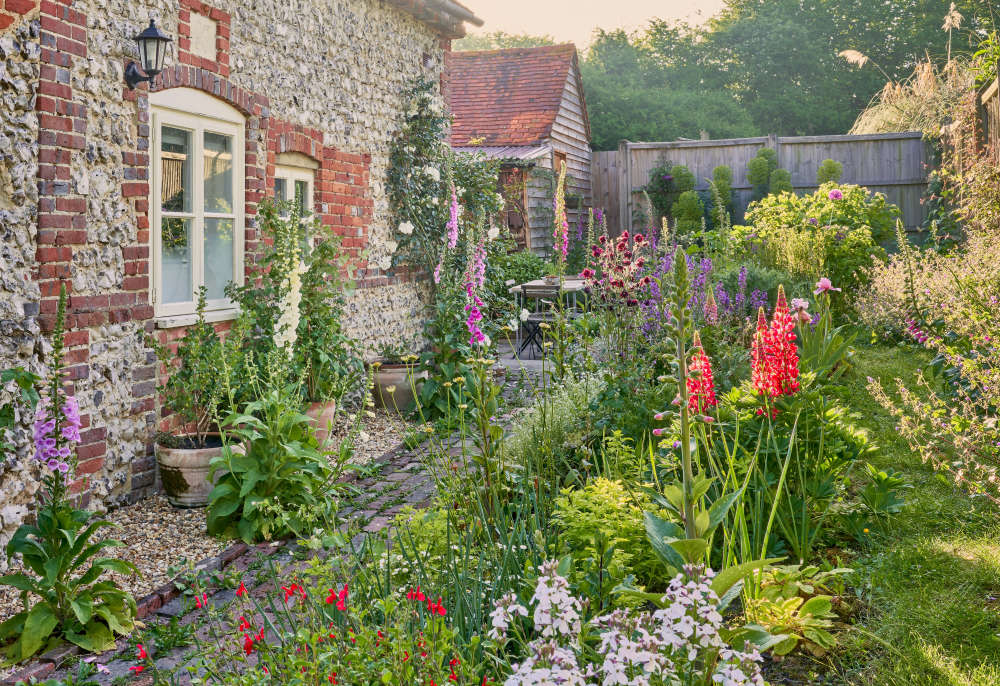 What should you be looking out for in your Sussex Garden this Summer?
What should you be looking out for in your Sussex Garden this Summer?
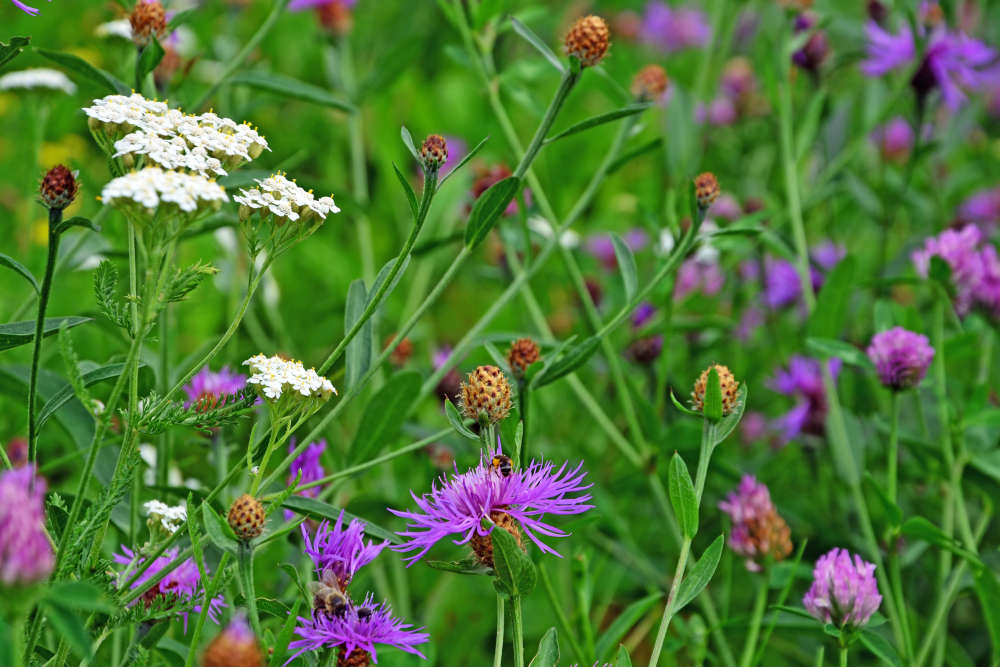 A Summer of Wildlife at RSPB Pulborough Brooks
A Summer of Wildlife at RSPB Pulborough Brooks
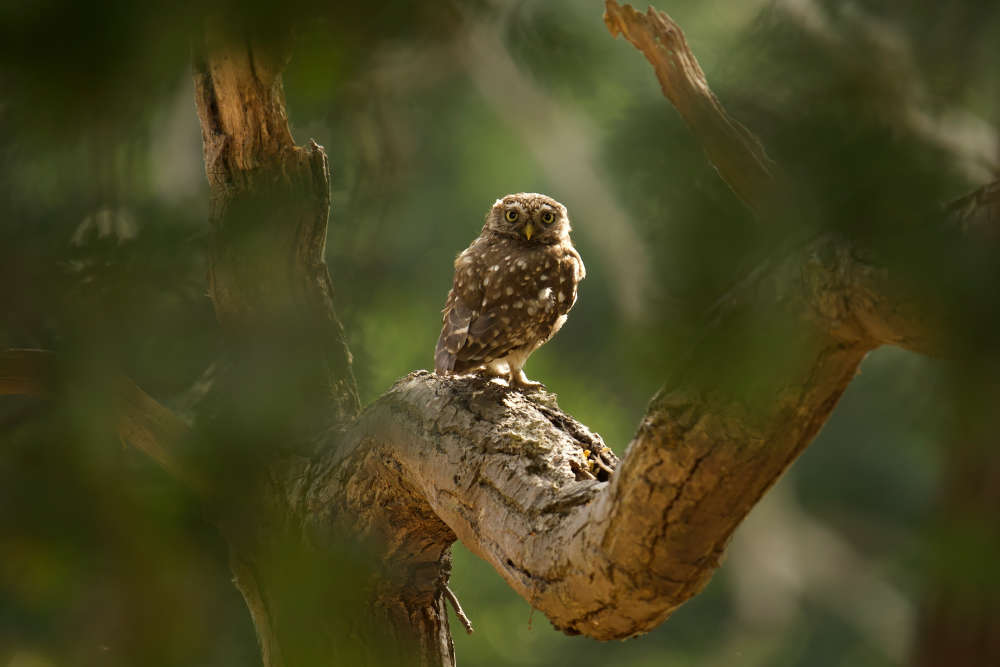 RSPCA Young Photographer Awards opens for entries
RSPCA Young Photographer Awards opens for entries
 10 ways to keep your dogs cool in the heat
10 ways to keep your dogs cool in the heat
 It's A Dog's Life: March Column
It's A Dog's Life: March Column
 PET OF THE MONTH: Ruby needs a forever home
PET OF THE MONTH: Ruby needs a forever home
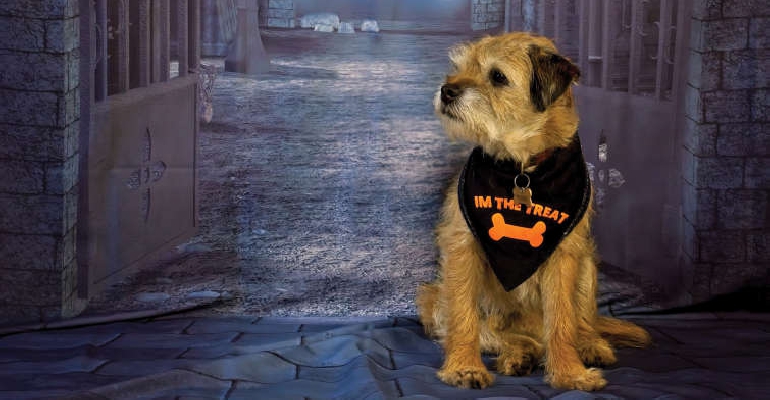 It's a Dog's Life: Other Cultures...
It's a Dog's Life: Other Cultures...
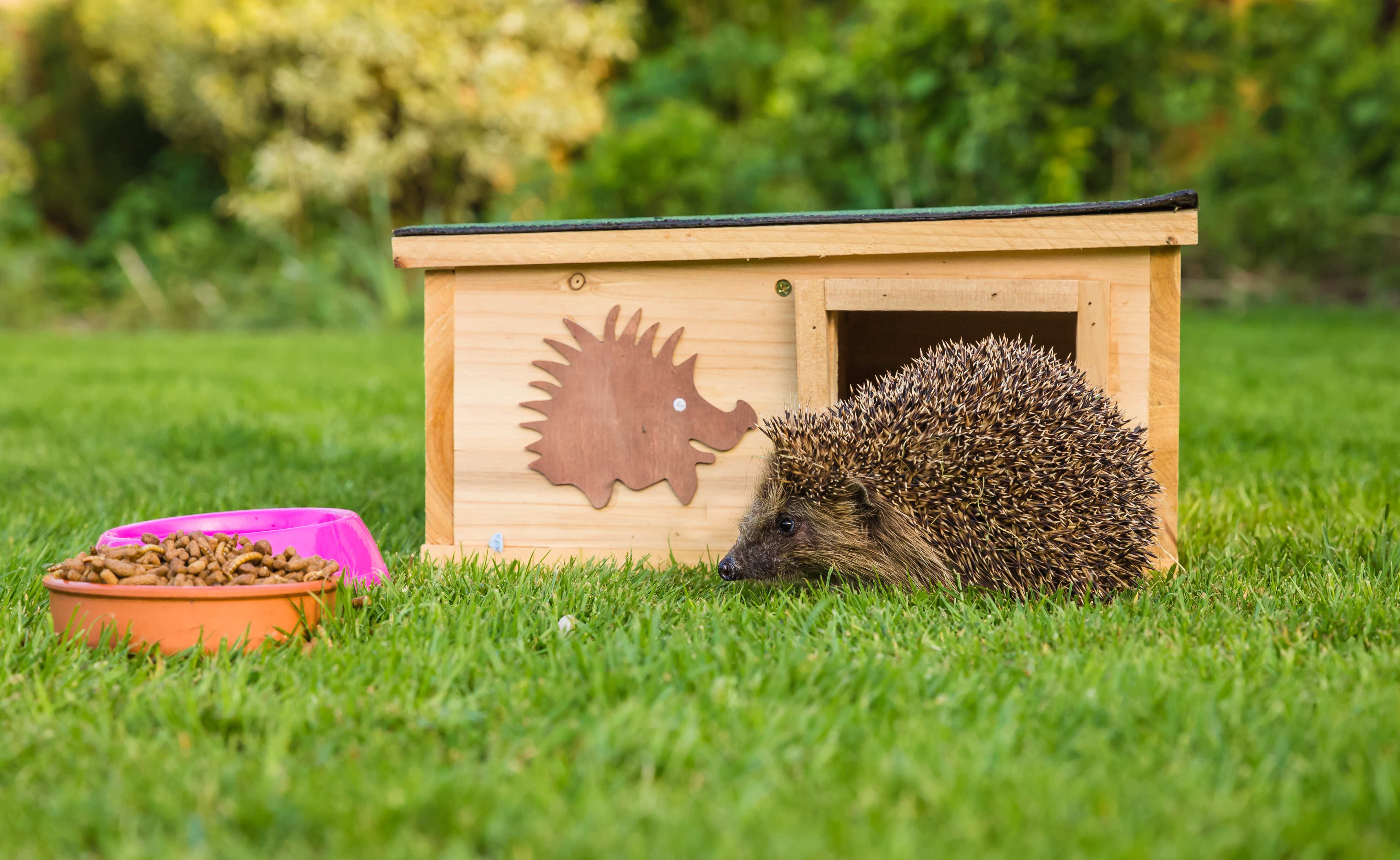 Ten Ways to Help Hedgehogs
Ten Ways to Help Hedgehogs